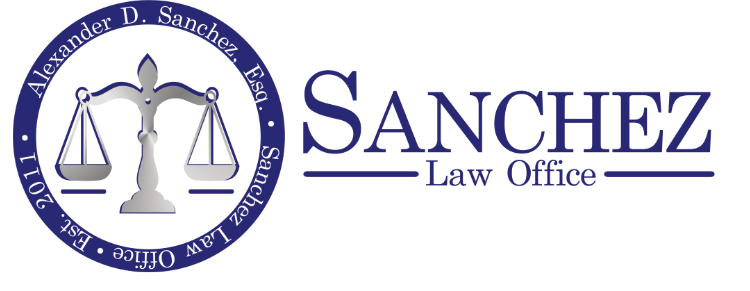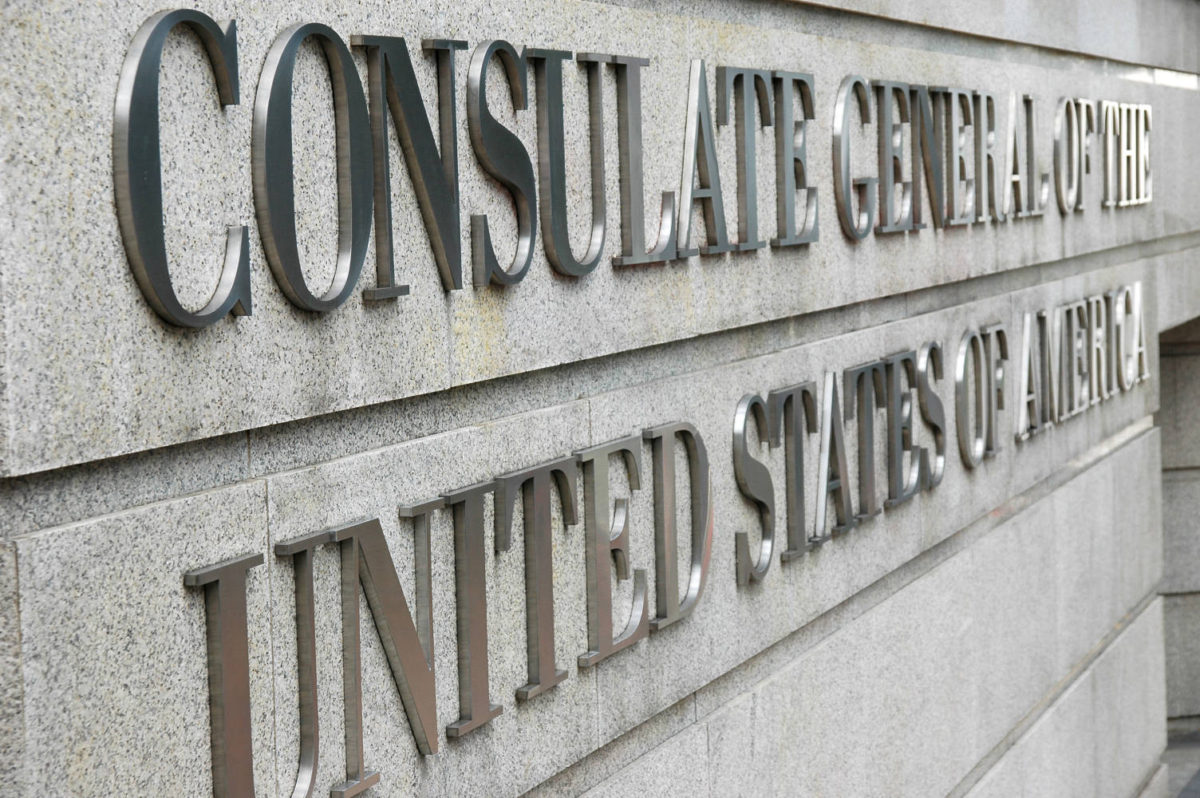Share this Post
01
Plan Ahead and Be Ready for Road Bumps
Many embassies and consulates require visa applicants to pre-register for courier services. This service is used for returning applicant passports/visas after the interview. Each consular section also has unique entry and security requirements, including whether applicants can bring cell phones into the embassy/consulate. Before your interview, read the specific requirements for where you will be interviewed. Click here to locate the embassy/consulate along with the specific requirements and instructions.
02
Schedule and Complete a Medical Examination
In addition to the special requirements from the specific embassy/consulate office where you will be interviewing (see key 03 above), each case will also be required to bring the following documents to their interview:
• Interview appointment letter from the National Visa Center (NVC).
• Unexpired passport valid for six months beyond your intended date of entry into the United States and a photocopy of the biographic page (where your name and photo are located).
• Two color passport photographs measuring 2 inches by 2 inches (5 cm by 5 cm) with a white background.
• Required civil documents on the list below (the original version and a photocopy), even if you submitted a photocopy to NVC. You may need to get an updated police certificate.
• Translations of any document not written in either English or the official language of the country in which the interview will take place. Translations must be certified by a competent translator.
• Medical exam results if the physician gives you these results. In that case, bring them to your interview in the envelope sealed by the medical office. Do not open this envelope.
• Confirmation page from Form DS-260, Immigrant Visa and Alien Registration Application, that you submitted on ceac.state.gov.
03
Register for Courier Service & Other Pre-Interview Instructions
Many embassies and consulates require visa applicants to pre-register for courier services. This service is used for returning applicant passports/visas after the interview. Each consular section also has unique entry and security requirements, including whether applicants can bring cell phones into the embassy/consulate. Before your interview, read the specific requirements for where you will be interviewed. Click here to locate the embassy/consulate along with the specific requirements and instructions.
04
Gather Documents Required for the Interview
In addition to the special requirements from the specific embassy/consulate office where you will be interviewing (see key 03 above), each case will also be required to bring the following documents to their interview:
• Interview appointment letter from the National Visa Center (NVC).
• Unexpired passport valid for six months beyond your intended date of entry into the United States and a photocopy of the biographic page (where your name and photo are located).
• Two color passport photographs measuring 2 inches by 2 inches (5 cm by 5 cm) with a white background.
• Required civil documents on the list below (the original version and a photocopy), even if you submitted a photocopy to NVC. You may need to get an updated police certificate.
• Translations of any document not written in either English or the official language of the country in which the interview will take place. Translations must be certified by a competent translator.
• Medical exam results if the physician gives you these results. In that case, bring them to your interview in the envelope sealed by the medical office. Do not open this envelope.
• Confirmation page from Form DS-260, Immigrant Visa and Alien Registration Application, that you submitted on ceac.state.gov.

